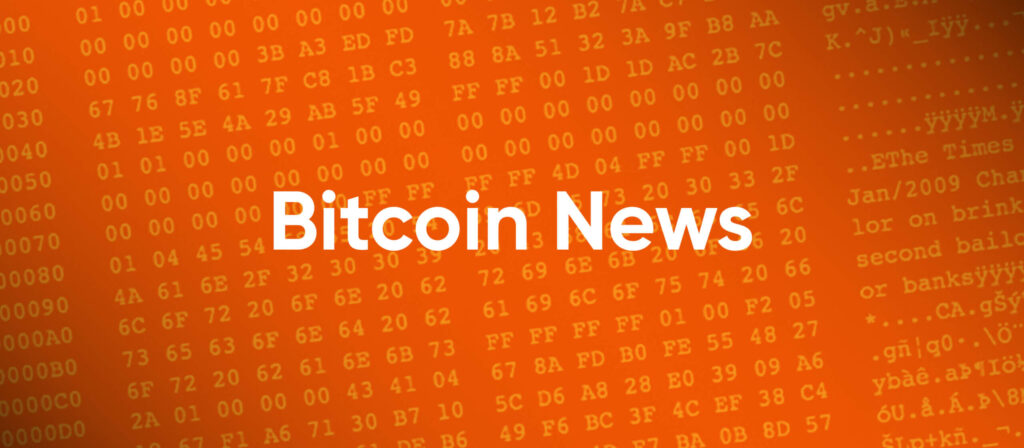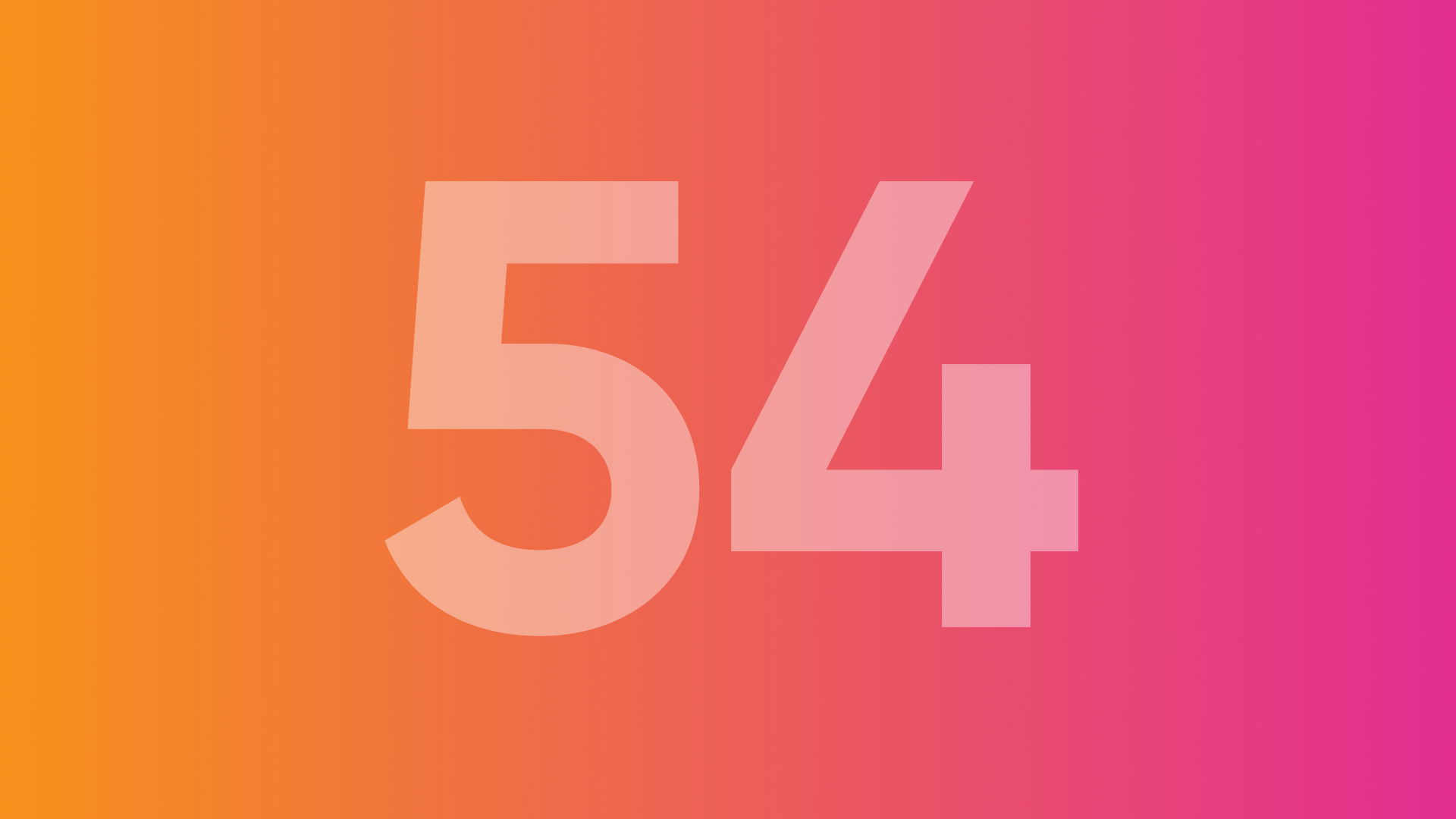The Financial Freedom Report is a newsletter focusing on how currency plays a key role in the civil liberties and human rights struggles of those living under authoritarian regimes. We also spotlight new tools and applications that can help individuals protect their financial freedom.
Good morning, readers!
After 53 years of tyranny, the Syrian regime has been overthrown. Rebels captured Damascus, forcing Bashar al-Assad and his family to flee to Moscow, Russia. Assad’s rule was defined by severe human rights abuses and widespread financial repression. Hundreds of thousands were jailed or killed, millions fled, and more than 90% of the country was plunged into poverty amid currency collapse. With Assad gone, Syrians may have a chance to rebuild their country and work toward a freer, more democratic future.
In Tunisia, President Kais Saied continues to dismantle civil society and due process. The regime is escalating the repression of journalists through arrests, incarceration, and judicial harassment to silence critical voices. By doing so, Saied shifts focus away from the country’s economic struggles and worsening hardships.
In technology news, Klever Wallet, a KYC-free digital asset wallet widely used in regions like Nigeria and the Philippines, integrated the Lightning Network via the Breez SDK, enabling fast, low-cost Bitcoin transactions for its significant global user base. In addition, the Bitcoin Design Foundation announced a South American Bitcoin UX Bootcamp, offering 10 skilled UX designers across South America a chance to refine their design expertise within the Bitcoin ecosystem and attend the 2025 bitcoin++ developer conference in Florianopolis, Brazil.
We end with a live stream of the 2024 Africa Bitcoin Conference, an inspiring event HRF supported and participated in. The conference brought together leaders and innovators across the African continent to advance Bitcoin for financial freedom and to push back against growing authoritarianism. If you were unable to attend in person, be sure to catch the recordings below.
Now, let’s dive right in!

Syria | Assad Regime Overthrown
The Assad regime, infamous for its financial repression and brutal authoritarianism, has been overthrown following the rebel capture of Damascus, forcing Bashar al-Assad and his family to flee to Moscow. For 24 years under Assad — and 53 years of Assad family rule — the regime manipulated the economy to maintain its grip on power. Policies such as enforcing artificial currency exchange rates, restricting bank withdrawals, and imposing strict controls on the flow of goods and money plunged over 90% of Syrians into poverty. This economic stranglehold, combined with systemic human rights abuses, defined his reign. With the regime’s collapse, Syrians now face a pivotal moment to rebuild their country and pursue a future of more financial freedom.
China | Youth Bear the Brunt of Economic Slowdown
China’s slowing economy is forcing younger generations into increasingly precarious financial positions. Youth unemployment has soared past 17%, and even those who find work face stagnant wages and unmet income expectations. To survive, many young people are embracing extreme frugality — capping food expenses at just 500 yuan ($70), eating in the dark to save electricity, and avoiding dining out entirely. The middle class, weighed down by debt and a bleak economic outlook, is also adopting similar austerity measures. This growing financial strain offers a stark snapshot of China’s economic challenges and raises deep concerns about the long-term prosperity and opportunities for the nation’s youth.
Tunisia | Growing Repression of Journalists Amidst Worsening Economic Crisis
Tunisia is grappling with a worsening economic crisis, as citizens face soaring unemployment, a collapsing currency, and the devastating impacts of financial mismanagement. Amid this economic turmoil, President Kais Saied is intensifying his crackdown on dissent, imprisoning journalists in overcrowded cells, denying them medical care, and subjecting them to psychological torture — blatant evidence of the state’s disregard for human rights. Saied’s regime has also weaponized vague morality laws to target activists, influencers, and musicians, ensuring no opposition voice goes unpunished. By silencing dissent, Saied seeks to deflect attention from the regime’s economic failures, positioning the state as a moral authority while deepening the suffering of journalists and the broader public.
Pakistan | Testing Internet Firewall to Increase Financial Surveillance
Pakistan’s government is testing a nationwide Internet firewall, a tool designed to monitor, censor, and control online content by filtering internet traffic at the state level. By leveraging technology sourced from China, officials can block websites, restrict apps, and track individual online activity. This firewall poses a severe threat to financial freedom, as the military regime could use it to restrict access to tools like Bitcoin, cutting off alternative financial systems that offer privacy and independence. Civil society, including activists, journalists, and political dissidents, faces heightened surveillance, repression, and limited access to information — further curtailing their capacity to organize or express dissent.
India | Central Bank Governor Shares CBDC Vision
Outgoing Reserve Bank of India (RBI) Gov.Shaktikanta Das reaffirmed his vision for India’s central bank digital currency (CBDC), the digital rupee, as the nation’s currency continues to reach a record low against the US dollar. While hailed as the “future of currency” and praised for its potential economic benefits, the CBDC raises serious concerns. It grants the state unprecedented power to surveil transactions, freeze funds, and block payments in real-time — an alarming reality in a country already known for freezing opposition bank accounts and imposing rigid KYC requirements. Das’s hopes of a CBDC to “underpin the payment systems of the future” prioritizes state control at the expense of individual freedoms.
Georgia | Internet Shutdowns Amid Energy Crisis
In the breakaway Georgian region of Abkhazian, Russian-backed officials are using an energy crisis as a pretext to tighten Internet controls. Blaming illegal Bitcoin mining for electricity shortages, officials imposed nightly Internet shutdowns from midnight to 7:00 a.m., starting Dec. 10. These restrictions, coupled with power rationing and school closures, exacerbate hardships for residents as the region grapples with reduced energy from Russia and the Enguri hydroelectric plant. By painting Bitcoin as the villain, officials divert attention from broader governance failures while consolidating their grip over online communication and suppressing access to alternative financial tools.

Klever Wallet | Integrates Lightning Network
Klever Wallet, a KYC-free digital asset wallet popular in underbanked countries like Nigeria, Brazil, India, and the Philippines, integrated the Lightning Network through the Breez SDK. This integration will empower its 100,000 active monthly users with fast, low-cost Bitcoin transactions directly from the wallet. By using the Breez SDK, Klever eliminates the complexities of Lightning channel management for users while maintaining a self-custodial design. This integration enhances financial freedom for its global user base — particularly in regions where traditional systems fall short.
Fedi | Adds Cashu Melting and Portable Nostr Keys
Fedi, a company leveraging Bitcoin and ecash technology to support communities, especially under authoritarian regimes, announced the integration of Cashu melting to enable users to receive Cashu ecash directly within the Fedi app. Built on the Chaumian ecash protocol, Cashu allows users to transact ecash tokens with strong privacy guarantees, minimal costs, and instant settlements, though with a custodial tradeoff. Additionally, Fedi now supports portable Nostr keys, allowing users to interact with external Nostr clients like Primal and Amethyst. Together, these updates enhance financial privacy and accessibility, offering users more control over their transactions and a portable digital identity, advancing financial freedom in underserved regions.
Core Lightning | Releases Latest Version with BOLT 12 by Default
Core Lightning, an implementation of the Lightning Network, introduced improvements to privacy and functionality with its latest v24.11 release. The update enables BOLT 12 offers by default when sending and receiving Bitcoin payments. BOLT 12 is an important update to the Lightning Network that brings increased receiver privacy, greater censorship resistance, and reusable payment requests for recurring payments. The update also includes xpay, an experimental payment plugin for advanced routing of payments on the Lightning Network. With these features, users of wallets and applications built with Core Lightning can maintain greater privacy and experience more optimized payments.
Proton Wallet | Implements Replace-by-Fee for Bitcoin Transactions
Proton, the company behind privacy tools like Proton Mail and Proton VPN, added support for Replace-by-Fee (RBF) transactions in Proton Wallet, its self-custodial and privacy-centric Bitcoin wallet. RBF allows users to increase the fee on stuck transactions to expedite confirmation and allow the payment to settle faster. The wallet also uses strong encryption and offers accessible recovery methods, ensuring users — like activists in hostile environments — maintain financial autonomy. Watch this tutorial by Bitcoin educator BTC Sessions to learn how to use Proton Wallet.
Bitcoin Design Community | South American Bitcoin UX Bootcamp
The Bitcoin Design Community, with support from HRF, will be hosting a South American UX Bitcoin Bootcamp. This program will support ten skilled UX designers across South America to develop and refine their design expertise within the Bitcoin ecosystem. Participants will also have the opportunity to attend the 2025 bitcoin++ developer conference in Florianopolis, Brazil, where they will receive specialized UX training and engage in hands-on learning with Bitcoin-related technologies. UX designers with an interest in Bitcoin are encouraged to apply here.
OpenSats | Announces Ninth Wave of Nostr Grants
OpenSats, a public nonprofit funding free and open-source software and projects, announced its ninth wave of grants supporting projects built on the decentralized Nostr protocol. Among the grantees is Pokey, an Android app enhancing Nostr and communications in restrictive environments through offline Bluetooth mesh networking and multi-account support. These features are particularly valuable for anyone facing Internet blackouts or state censorship. Another recipient, Persian NIPs, is breaking language barriers by localizing Nostr resources for Persian/Farsi speakers. The project will translate key protocols, user guides, and developer documentation, bringing decentralized and uncensorable technology to millions of people.
Recommended Content
Africa Bitcoin Conference Livestream
Held from Dec. 9-11, 2024, in Nairobi, Kenya, the Africa Bitcoin Conference brought together human rights defenders, educators, and developers from across the continent to learn, collaborate, and innovate on freedom technologies. Supported by HRF, the event offered an inspiring mix of keynotes, workshops, panel discussions, and hackathons, all dedicated to advancing open-source solutions to fight authoritarianism and financial repression. This vibrant gathering highlighted innovative ideas and practical tools to empower communities worldwide. If you missed it, you can still catch the conversations and breakthroughs by watching the livestream here. Highlight talks include those from Farida Nabourema, Femi Longe, Jack Dorsey, and more.
– If this email was forwarded to you and you enjoyed reading it, please consider subscribing to the Financial Freedom Report here.
– Support the newsletter by donating bitcoin to HRF’s Financial Freedom program via BTCPay.
– Want to contribute to the newsletter? Submit tips, stories, news, and ideas by emailing [email protected].
– The Bitcoin Development Fund (BDF) is accepting grant proposals on an ongoing basis. The Bitcoin Development Fund is looking to support Bitcoin developers, community builders, and educators. Submit proposals here.







